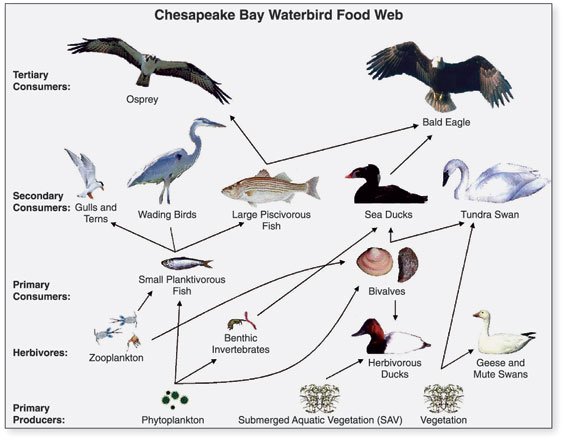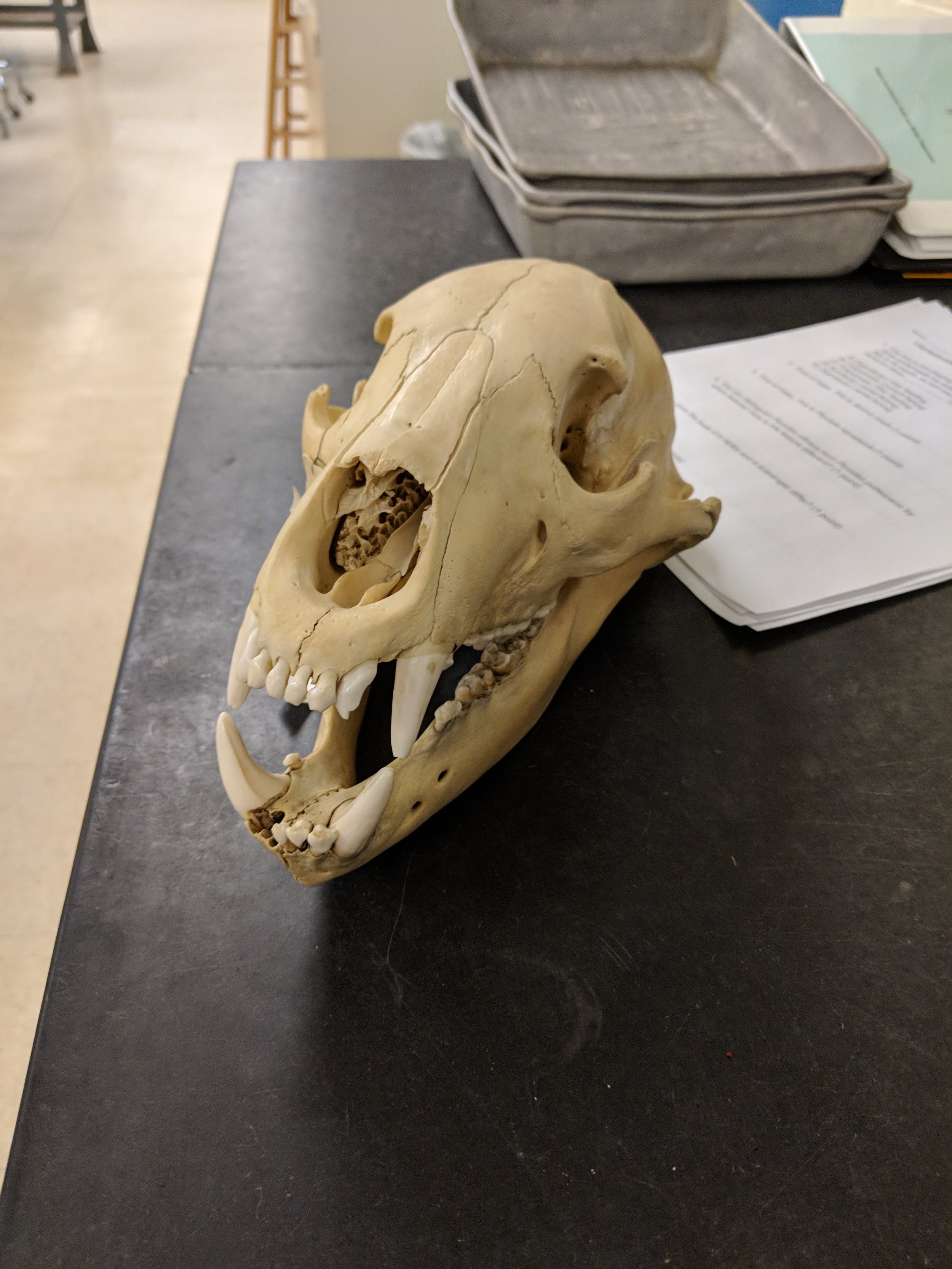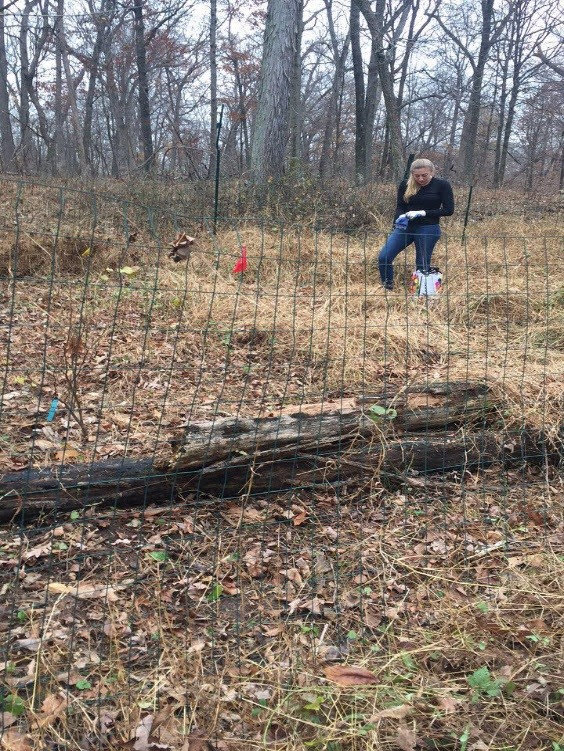Courses
Teaching is rewarding and challenging, and I strive to implement best practices when designing and teaching courses. See below for an overview of some of the classes I have taught.
Diversity, Evolution, and Ecology [La Salle University, 2022 - Present] (Instructor)
This class is an introduction to the principles of evolutionary biology and ecology and is designed for both biology and environmental science majors. By the end of this course students will 1) Understand how communication, emergent properties, and evolution central themes throughout all levels of biological organization are. 2)Utilize strong inference in developing and testing multiple hypotheses regarding pattern and process in biology. and 3) Appreciate the diversity of life and the mechanism which generate maintain this diversity (ecology and evolution).
Student Feedback:
This image is in the public domain and was created by Matthew C. Perry - US Geological Survey (USGS).
Quantitative Methods for Conservation Biology and Ecology [Arizona State University, 2020 - Present] (Course Designer & Instructor)
Conservation biology and ecology can be “messy” fields where patterns and processes are not always apparent. To effectively implement policy and understand drivers of ecological change, scientists must be able to accurately analyze data as well as communicate their analysis clearly. In this course students will learn the basic skills needed to record, organize, and analyze data using software common to both academia, industry, and NGOs. This course is centralized around a semester long project which will allow students to work with real data from the Central-Arizona Phoenix Long Term Ecological Research Project to explore real world patterns and practice skills that will help them succeed in both the ecological and conservation fields.
Student Feedback:
Vertebrate Zoology [Rutgers University, 2015-2019 | 2020-2022] (Teaching Assistant | Instructor)
Vertebrate Zoology provides students the opportunity to explore evolutionary and ecological concepts across an exciting and diverse group of animals. This course focuses on evolutionary principles and uses a comparative morphology approach to compare the vertebrate tree of life. Although this topic is prone to rote memorization, I focus lessons on group discussions and activities where students can apply larger concepts as opposed to memorizing fine-scale details. I first taught this course as a teaching instructor running the lab but currently am the instructor of record.
Student Feedback:
Animal Behavior: An Evolutionary Approach [Rutgers University, 2016-2019] (Course Developer and Instructor)
In this course, students gain a fundamental understanding of how evolutionary processes shape animals' behavior. The course is focused on active learning, with students designing experiments to test and observe animal behavior in action. The course also reinforces students' ability to understand and communicate scientific ideas.
Student Feedback:
Principles of Natural Resource Management [Rutgers University, 2014-2019] (Teaching Assistant & Lab Teaching Assistant)
Principles of Natural Resource Management is a field-based course that teaches students forestry and natural resource management skills. As the lab TA, I restructure labs and assessments to be more dynamic and engaging to the students. The capstone of this course is a semester-long project in which students implement a management practice in the Rutgers Ecological Preserve and assess their practice.
Students Feedback:
Life of Birds [Rutgers University 2014] & Ornithology [Rutgers University, 2015-2016] (Co-Instructor & Lab Teaching Assistant)
Life of Birds was the first course I was an official instructor for (co-instructor) and focused on engaging first-year students in field-based experiences. Students would learn to identify common species found throughout New Jersey as well as the basic life history of these species. The class served as a way to engage a diverse group of students that may be unaware of what it means to be an ecologist. It served as an introduction to the Department of Ecology, Evolution, and Natural Resources.
Ornithology was an upper-level organismal-based course focusing on the detailed life history of birds. Labs used an extensive teaching collection of over 400 species to allow students an up-close look at birds’ anatomy. Students took part in both field and lab-based work and also conducted dissections.











